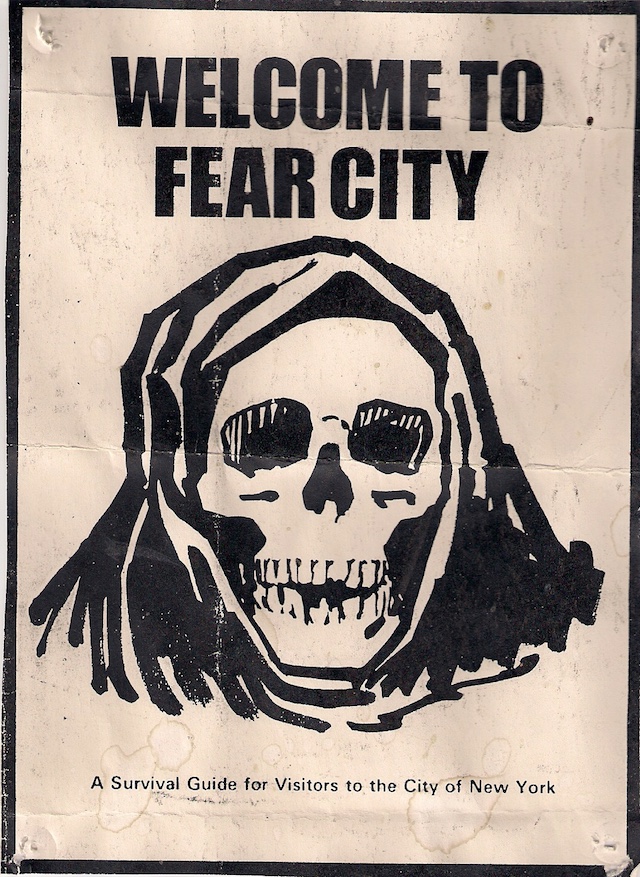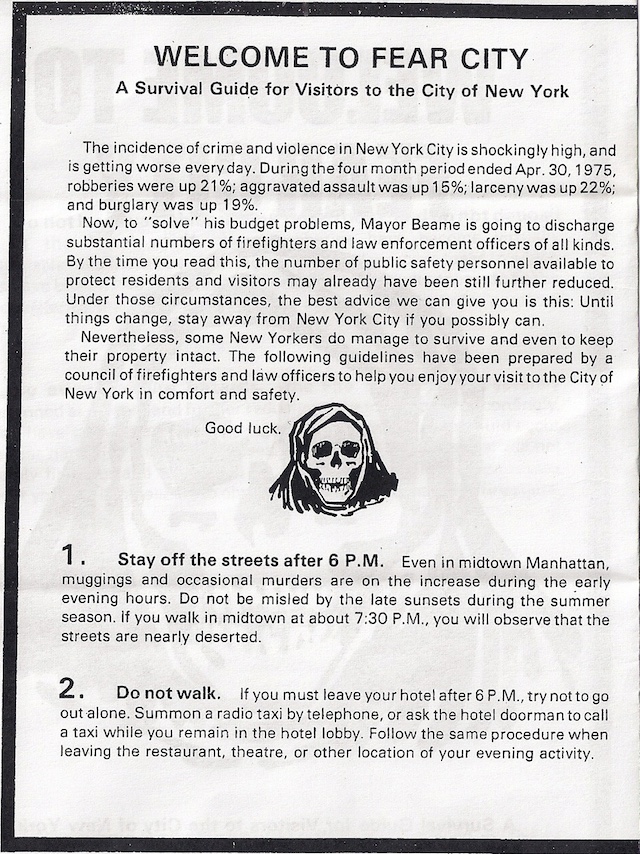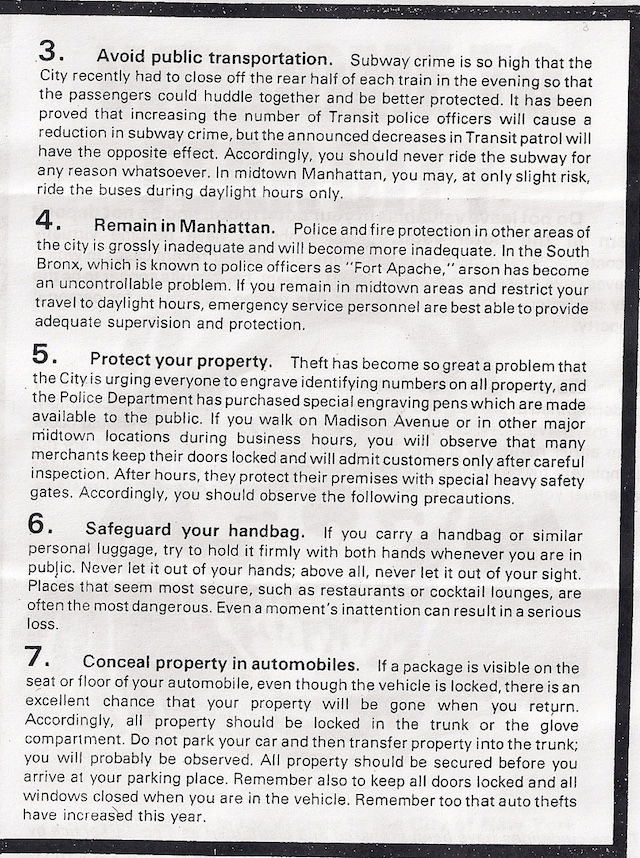Dear Christians:
God here. I thought I would take the time to personally explain my absence in the Aurora shootings. While I was at it, I thought I would also explain my absence during every murder, massacre and crime that has ever taken place in World history, and in every war, in every famine, drought and flood.
You see, I do not exist. I never have. Did it really make sense to you that I would create an entire Universe with billions of billions of planets and wait about 13,700,000,000 years just so I could focus on a few Jews from Palestine about 2,000 years ago while ignoring the rest of the 200,000,000 people on the planet at the time? Did I make those few Jews or did those few Jews make me?
Further, do you really think I would sit back and do nothing while Nazis killed 6 million of my “chosen people,” but find it important enough to intervene and turn water into wine to stop some hosts being embarrassed at a wedding in Cana? Why did I seem to be so active in the Middle East for a brief period about 2,000 years ago, but totally absent everywhere else on the planet and for the rest of recorded history? Did I make the Jews or did the Jews make me?
So, you really think my periodic miracles prove my existence hey? Then why not something inarguable and unambiguous, like a huge crucifix in the sky, or my face on the moon? Why is it always that believers have to construct my miracles out of perfectly explicable natural events?
This happens every time there is a tragedy or near tragedy of any kind, anywhere in the world and in all cultures. Captain “Sully” Sullenberger pilots a distressed plane to land safely on the Hudson River in New York City with no deaths, and it’s a miracle from God; a young girl is found in India, totally terrorized, but alive after being abducted and raped for a week, and it’s a miracle from my competitor Rama (or Vishnu or Shiva) that she is returned to her parents; or a family in Northern Pakistan survives an errant American missile attack, and it’s a miracle from Allah.
What all these self-serving proclamations of miraculous intervention always ignore is the downside of the incidents. The fact that the passengers and crew of Flight 1549 were terrorized and the plane destroyed, that 11 innocent people are dead in Aurora, that the girl was held for seven days, raped and sodomized and will be traumatized for the rest of her life, or that a number of innocent civilians were killed by the missile.
Of course, none of these incidents really are “miracles.” When the totality of facts are taken into account, “miracles” turn out to be nothing more than believers who are desperate for some sign of my existence ignoring the downside of a set of facts, focusing solely on the upside and calling the quarantined “good” a miracle from me or one of the other sky-fairies. A CEO might as well ignore the liability side of his balance sheet and declare it a “miracle” that his company just doubled in value.
Another annoying habit my “miracles” seem to have is that they always seem to tag along, just behind medical science, like an annoying kid brother who won’t go away. Until the mid nineties, those with AIDS who prayed for a miracle were never granted one. Medical science finds a way to permanently suppress the disease, and all of a sudden I start to perform miracles with AIDS patients. No polio patient ever received a miracle until the Salk vaccine and I routinely ignored cancer patients until chemotherapy and radiation treatments were developed. Suddenly, prayers to me from cancer patients are regularly “answered.”
Why is it that I still seem deaf to the pleadings of amputees who would like their fingers, arms or legs back, to those who have physically lost eyes or ears, to the horribly burned and to all others who ail from patently visible and currently incurable maladies? Why is it that, at the very same time, I am very receptive to the prayers of those whose condition is uncertain, internal and vulnerable to miraculous claims?
Take five minutes to make two lists; one of those ailments I will miraculously cure and the other of those I will not. You will quickly find it coincides perfectly with those conditions medical science (or the human body itself) can defeat and those we cannot. Why do you think that is? It is almost as my miracles are created out of medical ambiguity isn’t it?
No, my human friends. I am afraid I do not exist. I do not read your minds (or “hear your prayers” as you like to call it) and you are not going to achieve immortality (or “eternal life” as you like to call it) no matter how many commandments from Iron Age Palestine you choose to “keep”. Move on and enjoy the few years you have. You were all dead for the last 13,700,000,000 years and it wasn’t that least bit uncomfortable now, was it?
God



